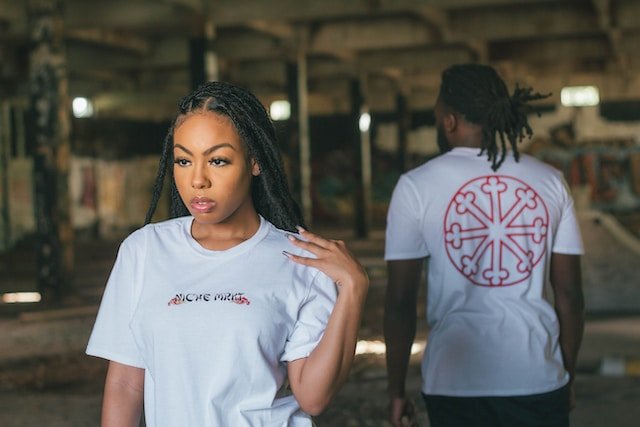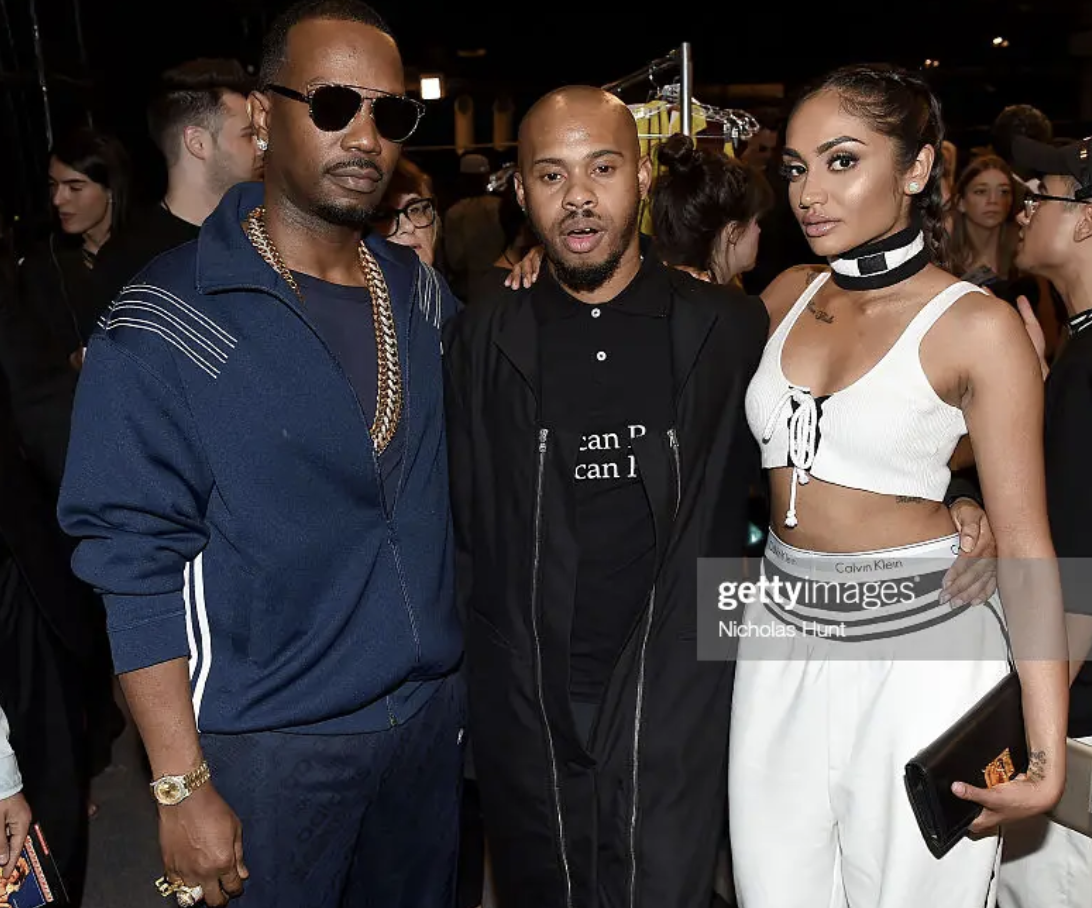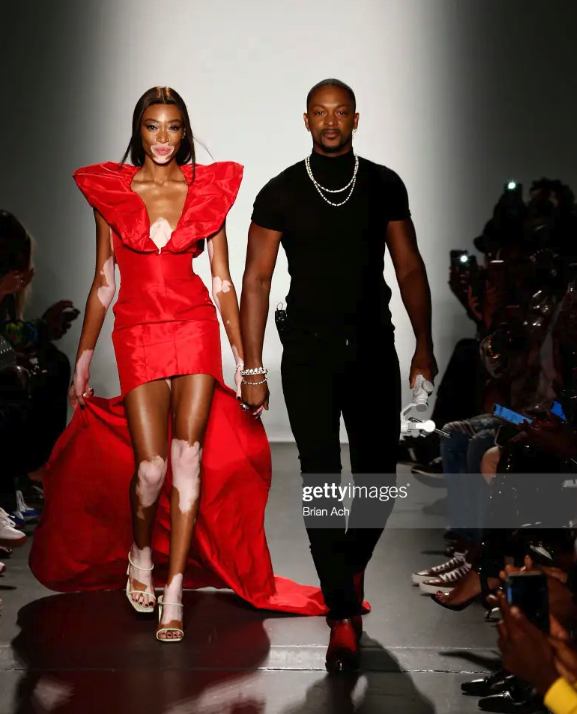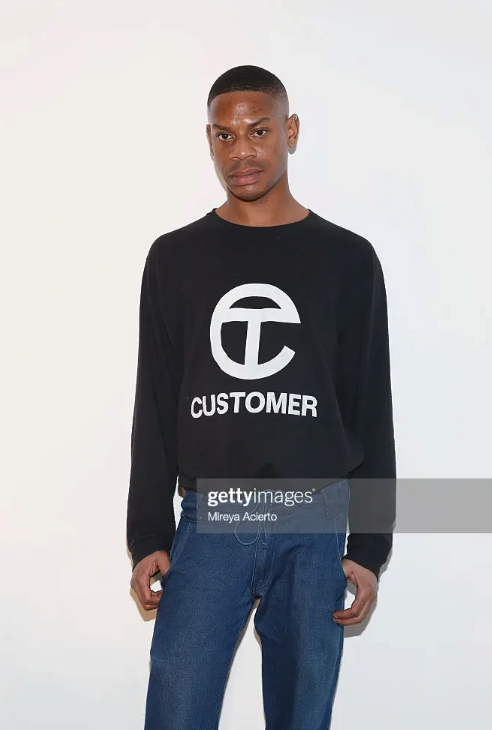LGBTQ+ Fashion Designers You Should Follow
Coffea Flair Editorial Team
The fashion industry is prone to recognize the influence of Black queer culture, as evidenced by the inclusion of ballroom dancers in important runway shows and high-profile magazine spreads with Janelle Monáe and Billy Porter. However, the tales of Black LGBTQ+ designers themselves are far too frequently undocumented and overlooked.
Despite battling persecution, racism, a lack of resources, erasure, and other issues, black gay designers have long been among the fashion industry's most innovative and fascinating creatives. As the fashion industry continues to work for greater diversity and equality, it is especially crucial to give these designers the attention they have sorely deserved. They frequently pioneer fashion into new creative spaces. The designers listed below have had a significant influence on the fashion industry and are deserving of your time and attention for their creative prowess.
Shayne Oliver
Shayne Oliver and colleague designer Raul Lopez created Hood by Air in 2006 after Shayne Oliver dropped out of both NYU and the Fashion Institute of Technology. Hood By Air's genderless, streetwear-inspired designs and wild shows shocked the era's rather staid fashion industry. Oliver, a former voguer and resident DJ for the party GHE20G0TH1K, whose universe of club kids served as collaborators and muse for the brand, drew inspiration from New York City's nightlife and ballroom culture. The rest, as they say, is history: the company went on to essentially create the premium streetwear market, inspiring businesses and designers like Virgil Abloh's Off-White and Demna Gvasalia's Vetements, and becoming one of the biggest success stories in fashion over the past 20 years. Oliver put the label on pause in 2017 after receiving the CFDA's Swarovski Award for Menswear and a special award for the LVMH Prize in 2014.
Patrick Kelly
Patrick Kelly was born in Mississippi in 1954 and moved to New York City at the age of 18 to escape his upbringing in a small town in the Jim Crow South. When the school found he wasn't Irish, he was supposedly denied a scholarship offer to Parsons and dropped out after one semester. To make ends meet, he sold vintage Louis Vuitton bags and his own ideas; however, after complaining to his friend and supermodel Pat Cleveland about a lack of opportunities in the area, she anonymously purchased him a one-way ticket to Paris, and his life was permanently changed.
Kelly went on becoming one of the few Black fashion designers to make a name for herself in Paris. His work unapologetically dealt with race and its position in the fashion industry before such discussions were mainstream, with colorful designs that incorporated pop culture and Black folklore. He walked the runway with major fashion houses such as Sonia Rykiel and Yves Saint Laurent, and his creations wowed celebrities such as Iman, Grace Jones, Bette Davis, and Madonna.
Kelly died of AIDS in 1990, after becoming the first American to join the Chambre Syndicale du Prêt-à-Porter (the governing organization of the elite French ready-to-wear business). His legacy has been preserved in reflections at the Brooklyn Museum, the Philadelphia Museum of Art, and the Schomburg Center for Research in Black Culture, which houses his sketches and drawings.
LaQuan Smith
Power, confidence, and glitz permeate every one of LaQuan Smith's creations, from slinky dresses with odd cutouts to dramatic fur coats. The designer, who was born in Queens and learned to sew from his grandmother, eventually became interested in patternmaking and went on to design his own clothing. Soon after graduating high school, he introduced his eponymous line. Beyoncé, Rihanna, Teyana Taylor, and others have embraced his high-lux fluidity in evening gowns and separates, but he has shown to be more than just a red carpet fixture with the release of a capsule collection with ASOS in 2018 that sold out in minutes.
Telfar Clemons
Clemens, a self-taught designer who has been running his own label since 2005, has an ethos best encapsulated in the title of his next Spring/Summer 2019 collection: "Not For You, For Everyone." His attire, however, is anything but typical. Telfar's art is reality- and gender-bending since he takes everyday items like polo shirts and denim jeans and reconstructs them with a new, sophisticated look.
The Liberian-American designer has built a significant following thanks to his work, and he uses it for social good by doing things like designing and donating unisex pieces to Solange Knowles' An Ode To performance at the Guggenheim. The White Castle uniforms were redesigned by CFDA/Vogue Fashion Fund winner and fast food industry insider Michael Clemens in 2017. Although Telfar was passed over for a CFDA accessory prize this year, he is probably better known for his now-iconic shopping bag, which has become a "it" bag not only in New York but across the country.
Stuzo Clothing
Stoney Michelli and Uzo Ejikeme of the Los Angeles-based Stuzo Clothing write, "Our pieces are gender-free as we prefer to call them because clothes don't have any organs last time I checked." The collection, which began as a line of t-shirts, has since expanded into a full line of gender-neutral streetwear in a variety of sizes and styles to suit anyone. Famous people who love this product include Ruby Rose, Tiffany Haddish, Spike Lee, and Lena Waithe.





